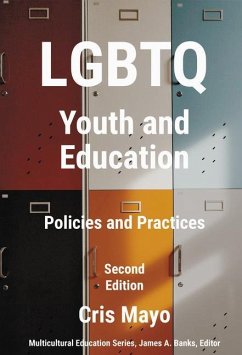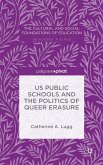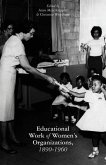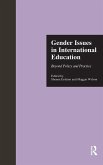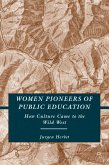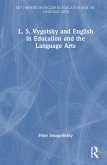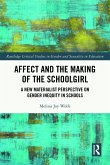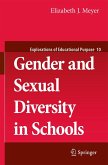This second edition is essential reading for educators and other school community members who are navigating the increasingly complicated laws and legal rulings related to LGBTQ students, employees, and community members. It combines historical, contemporary, theoretical, and practical information to help educators address exclusionary practices in schools related to gender identity, sexuality, racism, sexism, and other forms of bias that shape student experiences. To enable educators to better understand their obligations to students in relation to policy, staff training, daily school climate, pedagogy, and curriculum, the author has extensively revised this popular text to include updated information on the impact of same-sex marriage legalization and increasing federal recognition of transgender student rights. And because the legal terrain regarding transgender youth has been especially volatile, Mayo provides strategies that educators can use to maintain ethical trans-inclusive teaching, even when local regulations appear to impede transgender inclusivity. Book Features: 1. An examination of the pedagogical, curricular, and policy changes that can improve school experiences for LGBTQ (lesbian, gay, bisexual, transgender, and queer or questioning) and ally students. 2. A new chapter on gender identity and transgender, nonbinary, and gender expansive student experiences. 3. Current policy and legal information, data, and justification for LGBTQ-equitable and inclusive teaching.
Hinweis: Dieser Artikel kann nur an eine deutsche Lieferadresse ausgeliefert werden.
Hinweis: Dieser Artikel kann nur an eine deutsche Lieferadresse ausgeliefert werden.
